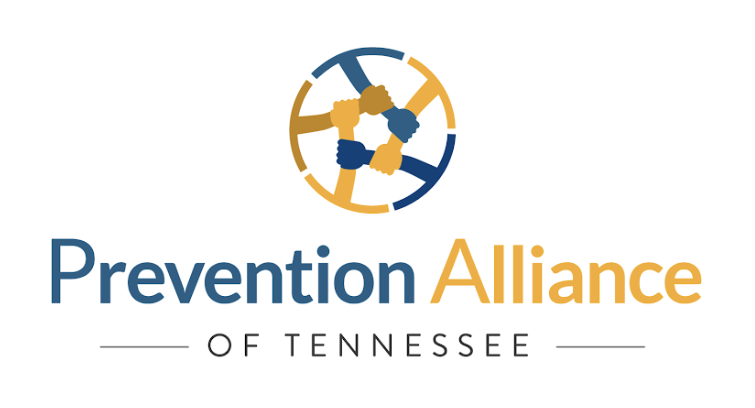Curbing Fentanyl Overdose in Tennesee
CURBING FENTANYL OVERDOSE IN TENNESSEE
Illicit manufacturing, distribution, and sale of Fentanyl has led to increasing numbers of overdose deaths in Tennessee.
In the last several years, law enforcement has seen a dramatic increase in the availability of dangerous synthetic opioids. A large majority of these synthetic opioids are structural derivatives of the synthetic drug “fentanyl.” While pharmaceutical fentanyl in the form of transdermal patches or sublingual tablets is diverted on a small scale, the current increase in opioid-related deaths appears to be driven by illicitly produced fentanyl products.1
What is Fentanyl?
Pharmaceutical fentanyl is a Schedule II synthetic opioid pain reliever, approved for treating severe pain, typically advanced cancer pain.2 It is the most potent opioid available for use in medical treatment – 50 to 100 times more potent than morphine and 30 to 50 times more potent than heroin. Fentanyl is potentially lethal, even at very low levels - as small as two milligrams, according to the DEA. It is often mixed with heroin, cocaine or other drugs to increase the euphoric effects of those drugs. It can be inhaled, swallowed, injected, absorbed through skin contact or passed along in a vaporized form. It affects the central nervous system and respiratory functions; in overdoses, a victim loses the ability to breathe and can die if emergency care is not provided.3
Illicitly-made fentanyl use is on the rise.
The TBI Crime Lab has experienced a steady increase of positive results for fentanyl and heroin in the last five years. This correlates to the increase in overdose deaths in Tennessee. The TBI Crime Lab has experienced a reduction in positive results for prescribed opiates in the last five years while the heroin, fentanyl, and overdose deaths have all increased.
1 U. S. Department of Justice, Drug Enforcement Administration, Fentanyl: A Briefing Guide for First Responders.
https://www.dea.gov/druginfo/Fentanyl_BriefingGuideforFirstResponders_June2017.pdf. 2017
2 Algren D, Monteilh C, Rubin C, et al. Fentanyl-associated fatalities among illicit drug users in Wayne County, Michigan (July 2005-May 2006). Journal Of Medical Toxicology: Official Journal of the American College Of Medical Toxicology [serial online]. March 2013; 9(1):106-115. 3 U. S. Department of Justice, Drug Enforcement Administration, DEA Investigative Reporting, January 2015.
Public Health and Safety Advisories Issued on Fentanyl and Fentanyl-Laced Substances
The Tennessee Department of Health, Tennessee Department of Mental Health and Substance Abuse Services, Tennessee Department of Safety & Homeland Security and the Tennessee Bureau of Investigation urge Tennesseans to have heightened awareness about misuse of fentanyl and the risks for overdose deaths associated with improper use, including the substantial risk posed by counterfeit prescription or other illegal drugs that may contain fentanyl or similar powerful compounds.4 DEA has also issued warnings to law enforcement as fentanyl can be absorbed through the skin and accidental inhalation of airborne powder can also occur. DEA is concerned about law enforcement coming in contact with fentanyl on the streets during the course of enforcement.
4 Tennessee Department of Health. Health Advisories. https://www.tn.gov/content/dam/tn/health/healthprofboards/Fentanyl_Public_Health_Advisory.pdf


